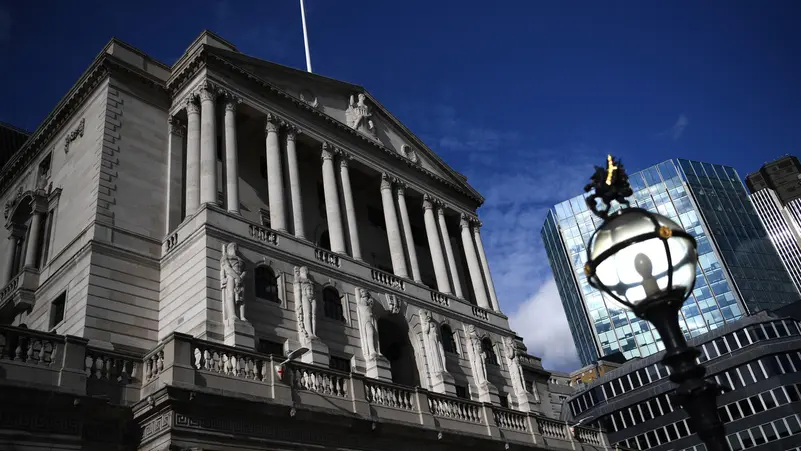UK inflation slowed less than expected last month, underscoring the reluctance of some Bank of England officials to begin cutting interest rates.
Consumer prices rose 3.2 percent in March compared with a year earlier, down from 3.4 percent in February, the Office for National Statistics said Wednesday.
While it was the lowest since September 2021, the BOE and private-sector economists had expected a reading of 3.1 percent.
Headline inflation has fallen sharply from a peak above 11 percent in late 2022, with a further fall toward the 2 percent expected this month on the back of falling energy prices.
However, BOE Governor Andrew Bailey and his colleagues are waiting for evidence that underlying price pressures are subsiding before cutting rates from their 16-high of 5.25 percent.
The pound reversed earlier losses after the data, rising as much as 0.2 percent to $1.2445 and snapping three days of declines. The currency is down 2.4 percent against the dollar so far this year.
Food prices rose less than a year ago, putting downward pressure on inflation. This was partially offset by the cost of motor fuel.
Core inflation, which excludes energy, food, alcohol and tobacco, fell to 4.2 percent last month from 4.5 percent. That also was stronger that economists had expected.
Meanwhile, inflation in the services sector — watched by the BOE for indications of domestically driven price pressures — eased to 6 percent from 6.1 percent. The BOE and economists had expected a decline to 5.8 percent.
BOE officials urging caution on rates include Megan Greene, who warned last week that a reduction “should still be a way off” with wage growth still well above levels compatible with meeting the 2 percent inflation target sustainably in a supply-constrained economy.
Money markets see a strong possibility of a move in August but are not fully pricing in a cut until September. A second reduction by the end of the year is far as certain. Earlier this month, investors were expecting three cuts from the BOE this year.
Source: Al Arabiya



